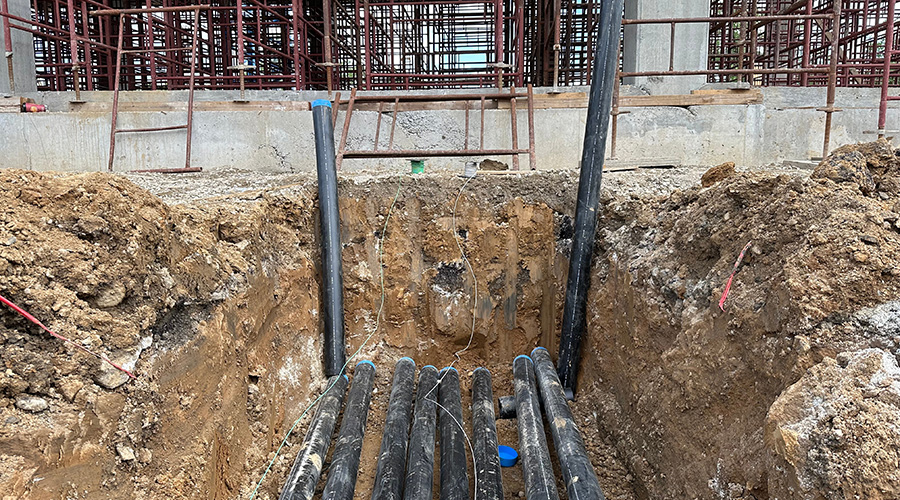
What Gen Z Wants Managers to Know
More Gen Z employees are entering the workforce to misconceptions made by the older generations. December 9, 2024
By Mackenna Moralez, Associate Editor
Boomers are retiring at a rapid rate, leaving job positions open for Gen Z to fill. However, since the COVID-19 pandemic, many have claimed that “no one wants to work anymore,” blaming the younger generation for their perceived lack of work ethic.
But that isn’t what’s really happening.
Gen Z hasn’t really had a fair shake in the workforce. The oldest of the generation are 28 years old and first entered their respective industries right when the pandemic started. Many experienced layoffs, and with little experience they had under their belts, they were deemed “unhireable” until someone was willing to take a chance on them. Studies have found that Gen Z employees are staying at their organizations 18 percent longer than millennials did when they first entered the workforce.
Now that some Gen Zers have a few years' worth of experience, many are being told that they are overzealous with their expectations, and that what they want from a job isn’t achievable. It doesn’t have to be like that, though. According to a newsletter from McKinsey, three in four Gen Z workers prioritize access to mental health resources when job hunting. This generation report less stigma around discussing mental health issues than their elder counterparts. However, some employees have mixed feelings about employer initiatives when it comes to mental health. Managers need to be more robust in increasing the encouragement of their team members while also creating safe environments for employees to be able to bring up these topics. Regular check-ins allow managers the opportunity to monitor signs of anxiety or depression symptoms within their staff and help them progress before mistakes are made at work.
Still, fewer younger workers report that they are thriving in 2023 compared to 2022, a survey by Gallup found. Almost half of U.S. employees are currently struggling in at least two areas that concern their wellbeing. Employees that are struggling show lower productivity levels and experience higher rates of burnout. According to the Gallup survey, employees younger than 35 reported that they are thriving less often that workers who are 35 and older.
Along with mental health resources, Gen Z is craving job opportunities that come with mentorships and positive company cultures. According to Fortune, 32 percent of survey respondents were looking for positions where there would be direct manager mentorship. Knowing this, managers should be willing and ready to train new employees and help them get further acquainted with the field.
Contrary to popular beliefs, Gen Z is concerned about the use of artificial intelligence, with 82 percent of the Forbes study saying that they feared that the technology would affect or eliminate the progression of skills that are needed for their long-term goals. In addition, 75 percent of Gen Z respondents believe that AI could potentially automate a portion of tasks before they even get a chance to work full time.
Currently, Gen Z makes up 16.8 percent of the workforce, far outpacing baby boomers as more people of that generation retire. And the thing is, Gen Z is ready and well-prepared to join the workforce. According to a report by SHRM and Handshake, younger employees are adaptable and willing to learn their respective industries, we just have to give them a chance.
Mackenna Moralez is the associate editor of the facilities market.
Next
Read next on FacilitiesNet












